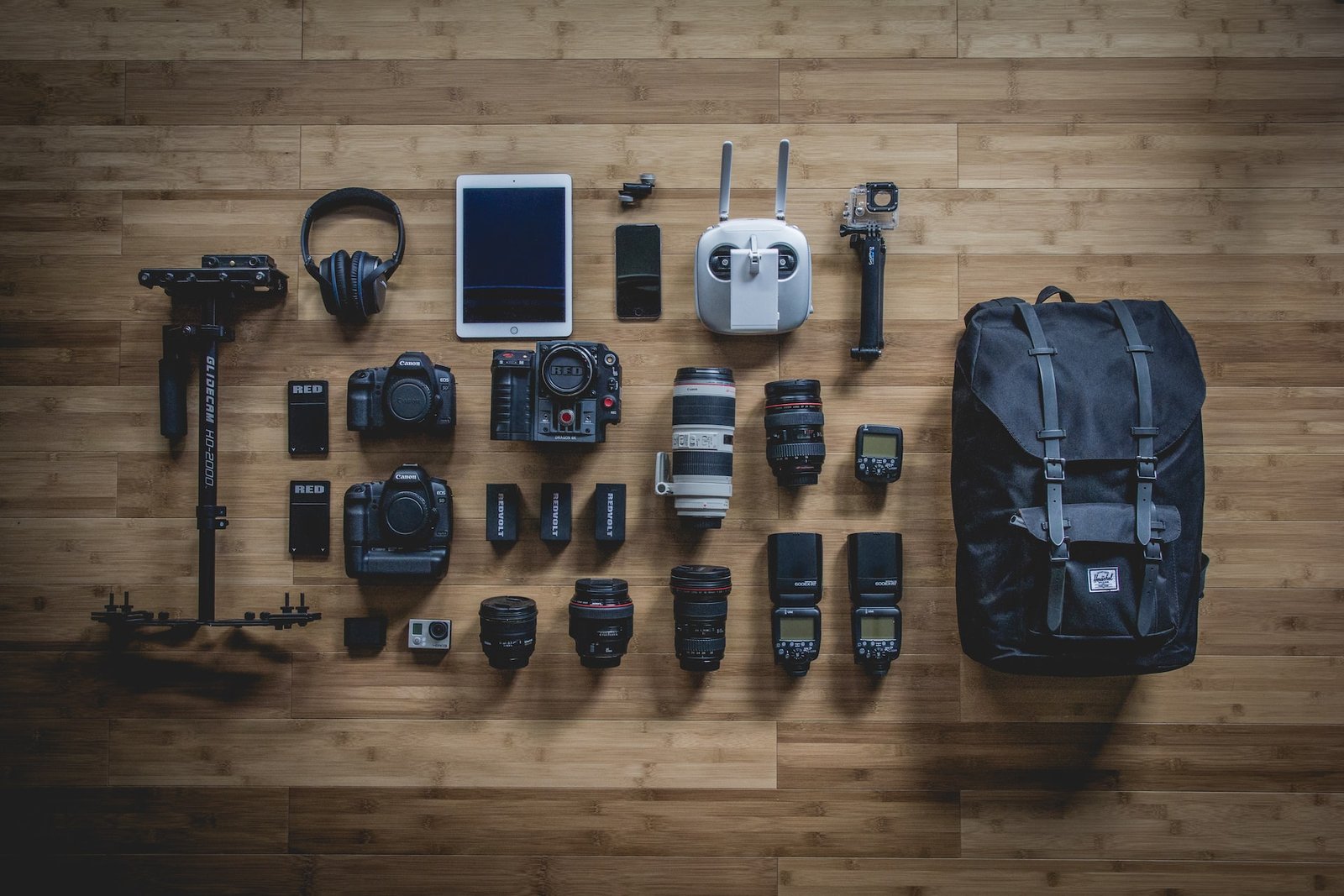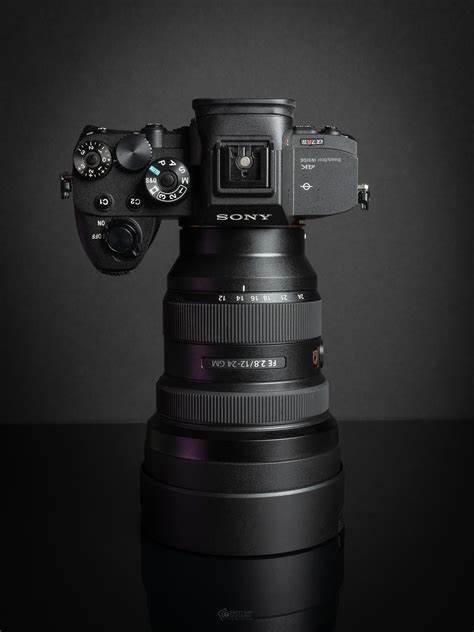Filters are essential tools for photographers, offering a range of benefits that can significantly enhance your images. From improving image quality to adding creative effects, filters can be invaluable for both amateur and professional photographers. Here’s an in-depth look at the benefits of using filters in photography and how they can elevate your shots.
1. Reducing Glare and Reflections
Polarizing Filters:
- Glare Reduction: Polarizing filters are designed to reduce glare from reflective surfaces, such as water or glass. This helps in capturing clearer images with more vibrant colors.
- Enhanced Contrast: By minimizing reflections, polarizers also improve contrast and color saturation, making skies appear bluer and foliage more vivid.
Practical Applications:
- Landscape Photography: Ideal for enhancing the contrast of skies and reducing reflections off water surfaces.
- Architectural Photography: Helps in reducing glare from glass windows and improving the clarity of building surfaces.

2. Controlling Exposure
Neutral Density (ND) Filters:
- Exposure Control: ND filters reduce the amount of light entering the lens, allowing for longer exposure times without overexposing the image. This is useful for creating effects like motion blur.
- Depth of Field Control: By enabling slower shutter speeds, ND filters help in achieving a shallower depth of field and maintaining focus on specific elements.
Practical Applications:
- Long Exposure Photography: Useful for capturing smooth, flowing water or streaked clouds.
- Bright Conditions: Allows for wider apertures and slower shutter speeds in bright lighting conditions.
3. Enhancing Colors and Contrast
Color Filters:
- Color Enhancement: Color filters, such as red, yellow, or green filters, can enhance or alter the colors in your images, giving them a unique look and feel.
- Contrast Improvement: Some color filters can increase the contrast between different colors, making the image pop and adding visual interest.
Practical Applications:
- Black and White Photography: Use color filters to adjust contrast and tonal ranges in black and white images.
- Artistic Effects: Apply color filters to achieve creative and artistic effects that emphasize specific hues.
4. Protecting Your Lens
UV Filters:
- Lens Protection: UV filters are commonly used to protect the lens from dust, scratches, and other physical damage. They are always kept on the lens, providing an extra layer of protection.
- UV Light Reduction: Although modern digital sensors are less sensitive to UV light, UV filters can still help reduce haze and improve image clarity.
Practical Applications:
- Everyday Use: Useful for protecting your lens during everyday photography and outdoor shoots.
- Travel Photography: Provides additional protection against environmental hazards, such as sand and water.
5. Creative Effects and Enhancements
Graduated ND Filters:
- Sky Enhancement: Graduated ND filters are used to balance exposure between bright skies and darker foregrounds, ensuring well-exposed landscapes.
- Gradual Transition: The filter has a gradual transition from dark to clear, allowing for a smooth blend and natural-looking results.
Specialty Filters:
- Star Filters: Add starburst effects to light sources, enhancing the overall sparkle and visual interest in night photography.
- Fisheye Filters: Create a distorted, wide-angle view, adding a unique and creative perspective to your shots.
Practical Applications:
- Landscape and Night Photography: Useful for creating dynamic and visually engaging images.
- Artistic Expression: Allows for experimentation with different effects to achieve distinctive and personalized results.
6. Simplifying Post-Processing
Pre-Effect Filters:
- Reduced Editing Time: Using filters to achieve desired effects in-camera can reduce the need for extensive post-processing. This saves time and ensures you capture the shot as intended.
- Consistent Results: Filters help in achieving consistent results across similar shooting conditions, making your editing process more predictable.
Practical Applications:
- On-the-Go Photography: Ideal for capturing images quickly without relying heavily on post-processing software.
- Workflow Efficiency: Streamlines your workflow by minimizing the need for adjustments and corrections during editing.
Conclusion
Filters offer numerous benefits that can enhance your photography, from controlling exposure and reducing glare to adding creative effects and protecting your lens. By understanding and utilizing different types of filters, you can elevate the quality and impact of your images. Experiment with various filters to discover how they can best complement your photography style and achieve your creative vision.











